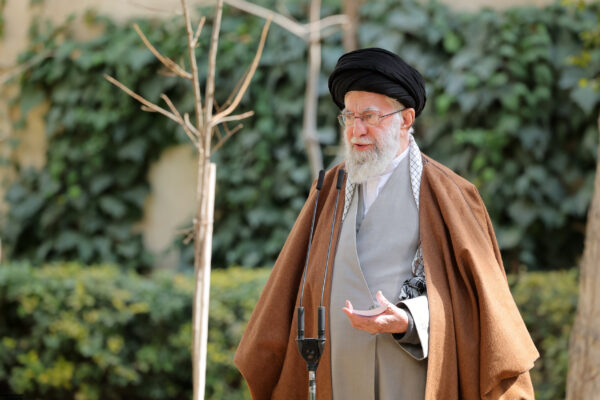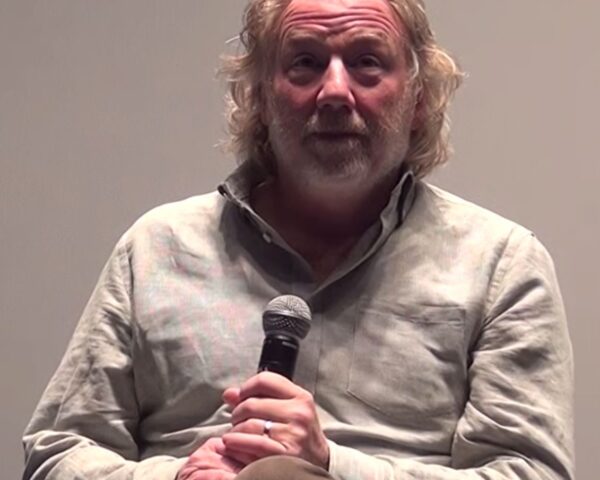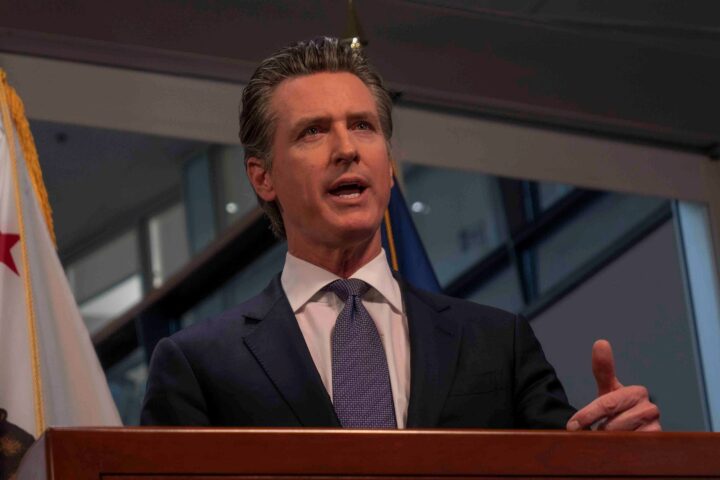In the days following a dramatic 12-day military confrontation with Israel, Iran’s government has now reportedly ramped up internal repression, carrying out executions, mass arrests, and deploying security forces deep into restive regions—signaling a forceful effort to stifle dissent and tighten control.
Tensions soared after a U.S.-brokered cease-fire succeeded in halting Israeli airstrikes, yet Tehran swiftly pivoted to internal repression.
Security forces have detained more than 700 individuals on charges including espionage and cooperation with Israel, with activists reporting “kangaroo trials” and forced confessions.
Among those arrested were several Kurdish men in Urmia, who were publicly executed, amplifying fears of an expanding campaign of brutality.
In Urmia, human rights monitors confirmed that three Kurdish men were hanged, accused of spying for Israel in connection with the assassination of a top nuclear scientist in 2020.
Authorities justified the executions as a response to a sovereign threat, describing sweeping security measures aimed at consolidating regime authority.
“The Revolutionary Guard and Basij have poured into Kurdish areas,” said an activist familiar with the operations. Homes have been raided, checkpoints established, and phone communications thoroughly scrutinized.
Similar moves have been seen in other regions—religious sites monitored, civilians arrested for expressing nonconformist views, and even protests against the war treated as acts of sedition.
The crackdowns come amid a climate of anxiety and public alarm. Although some Iranians briefly welcomed the cease-fire, many have grown fearful as reports of arbitrary rounds of arrests surfaced across the country.
A senior security official warned that any renewed conflict with Israel or the United States could unleash “more severe reprisals.”
Iranian officials insist the measures are necessary to root out foreign espionage and protect national unity—but critics argue that they are a deliberate show of force to deter domestic unrest.
Amnesty International and other rights organizations have warned that Iran’s recent legislation fast-paced juries for espionage allegations, bypassing fair trial safeguards.
This new framework could lead to additional executions, possibly including academics detained under similar accusations.
The coercive crackdown—even as the air campaign subsides—reflects a leadership determined to regain dominion over a shaken populace. The regime portrays the actions as normalizing postwar governance.
Yet the abrupt shift from external military engagement to sweeping domestic repression leaves many Iranians fearing that the real war is only beginning—within their own borders.
As Iran braces for continued turmoil, its internal policies are destined to shadow its war-footing stance, shaping not only its domestic landscape but also its relations with the global community.
[READ MORE: Hegseth Renames Navy Ship Formerly Dedicated to LGBT Activist]








